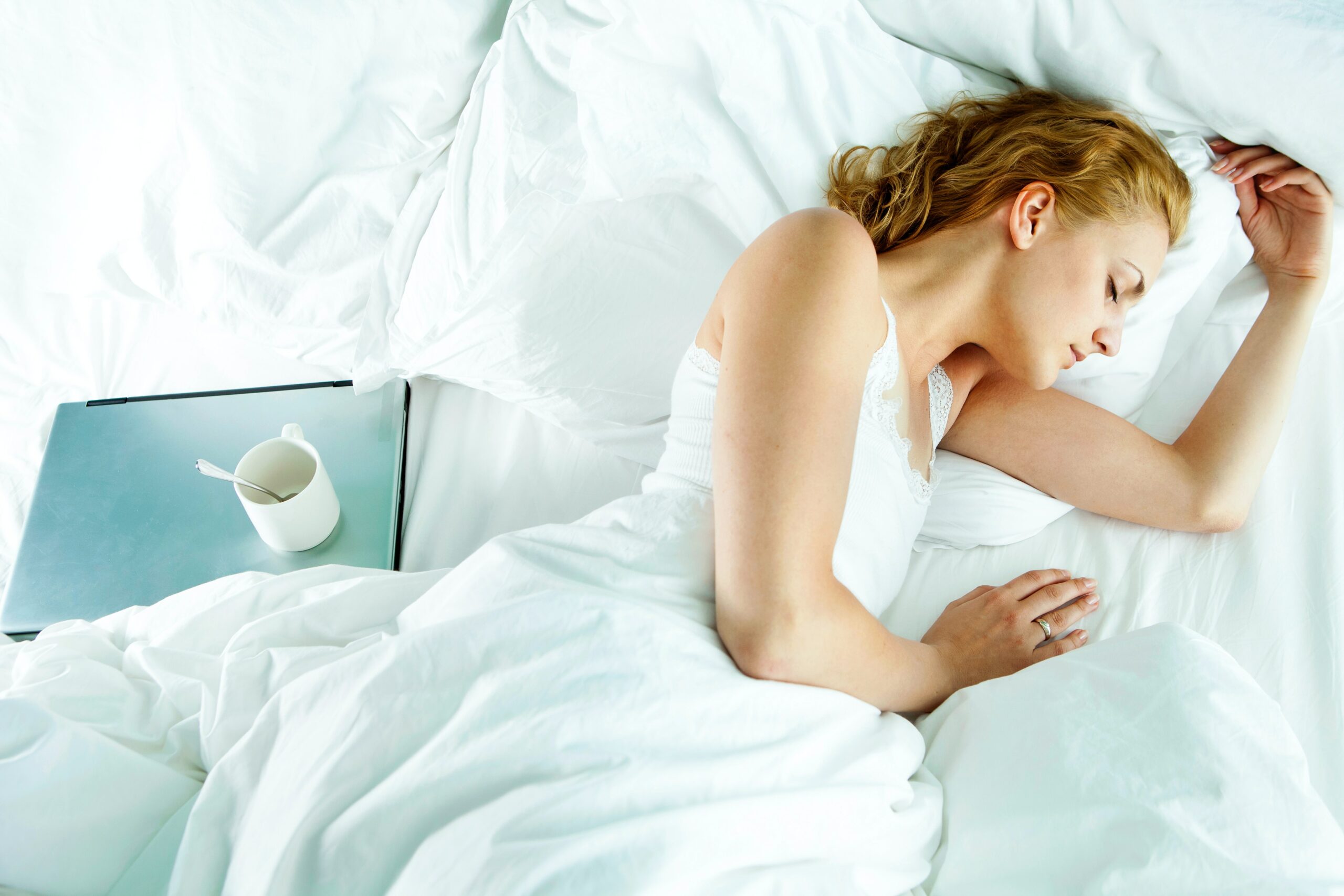Sleep hygiene is something that is frequently recommended as a lifestyle that promotes good sleep. Retaining good hygiene is essential to ensuring good energy levels and consistent sleep. Outside of sleep, it provides better physical and mental health. It helps prevent mental health conditions such as anxiety or depression, and ensures strong muscles and body recovery needed to for the body to feel good.
Still, sleep hygiene is a confusing term. Many people are not aware what the term means, and therefore what it means to practice it. The name is also slightly misleading, and gives the impression that it focuses on literal cleanliness. There are many factors that can affect your hygiene, and for most people they can been improved upon. This is why it is so important for people to understand what sleep hygiene is, so they can reap the benefits of it.
What is Sleep Hygiene?
Sleep hygiene, according to The Sleep Foundation, is “having both a bedroom environment and daily routines that promote consistent, uninterrupted sleep”. It is not something that can be done on and off. It is something that is built upon over time.
Key characteristics include:
- A regular bedtime
- Getting at least 8 hours of sleep a night
- Having a comfortable sleeping space
- A relaxing pre-bedtime routine
Your sleep hygiene practices are unique to you, and certain activities won’t suit you. For example, a nurse who works different shifts at different times of day cannot keep a consistent bedtime. Your practices should be unique to you and what you require out of your sleep to function well.
How Do I Practice Sleep Hygiene?
Luckily, the characteristics are rather self-explanatory. For example, you can ensure your bedroom is a good temperature and you are sleeping on quality bedding to create a comfy sleep space. Keeping a sleep diary is a good way to track your daily activities and how you slept that night. That way, you can personalise your routine to suit your own needs.
There are factors to your daily routine that you may not have realised can affect your sleep. What you eat, your physical activity before bed, and your amount of screen time at night are three examples of such factors. Keeping tabs on your activity and mood before bed and thinking about how these activities can affect your sleep are important to developing good sleep hygiene.







